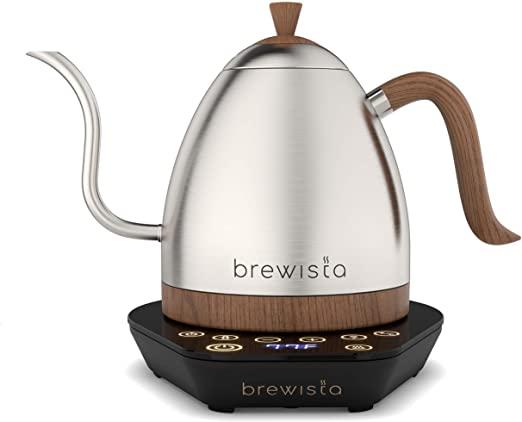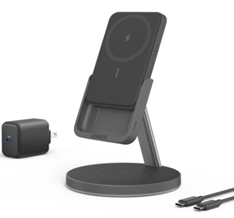Finding the ‘best’ kettle is harder than you may think, given its primary purpose is just to boil water. But a kettle is not just a kettle. Given Brits drink 100 million cups of tea daily (according to the UK Tea and Infusions Association), the look, feel and performance of your kettle is more important than you might first assume. Many now boast fancy features such as temperature variability for different hot drinks or even (largely pointless) smart technology that can be controlled from your phone.

Broadly speaking, kettles can be divided into two categories: electric and stovetop. Electric kettles heat water with a heating element in the base of the container and are much quicker to boil than stovetop kettles, which you simply place on the hob and wait for the whistle. They take much longer, so my reviews below focus on electric kettles.
Now energy prices are skyrocketing, efficiency will be a key consideration for anyone shopping for an appliance, whether it’s a kettle, toaster or washer-dryer. Category buyer Amanda Smart is in charge of selecting products for online retailer AO, so has to know the pros and cons of over 180 different kettles. She says: “Kettles with a quick boil functionality use less energy, so that’s the first thing to look out for. Another feature to consider is a kettle that retains the heat and keeps the water warm, so you eliminate the need to boil again and waste unnecessary energy.”
How I tested the best kettles
I set out to test the best kettles for design, boil speed and energy efficiency. I timed how long each kettle took to boil enough water for four cups of tea, and for one cup. I also noted down how loud each kettle was, how easy it was to pour, and whether it had extra features.









